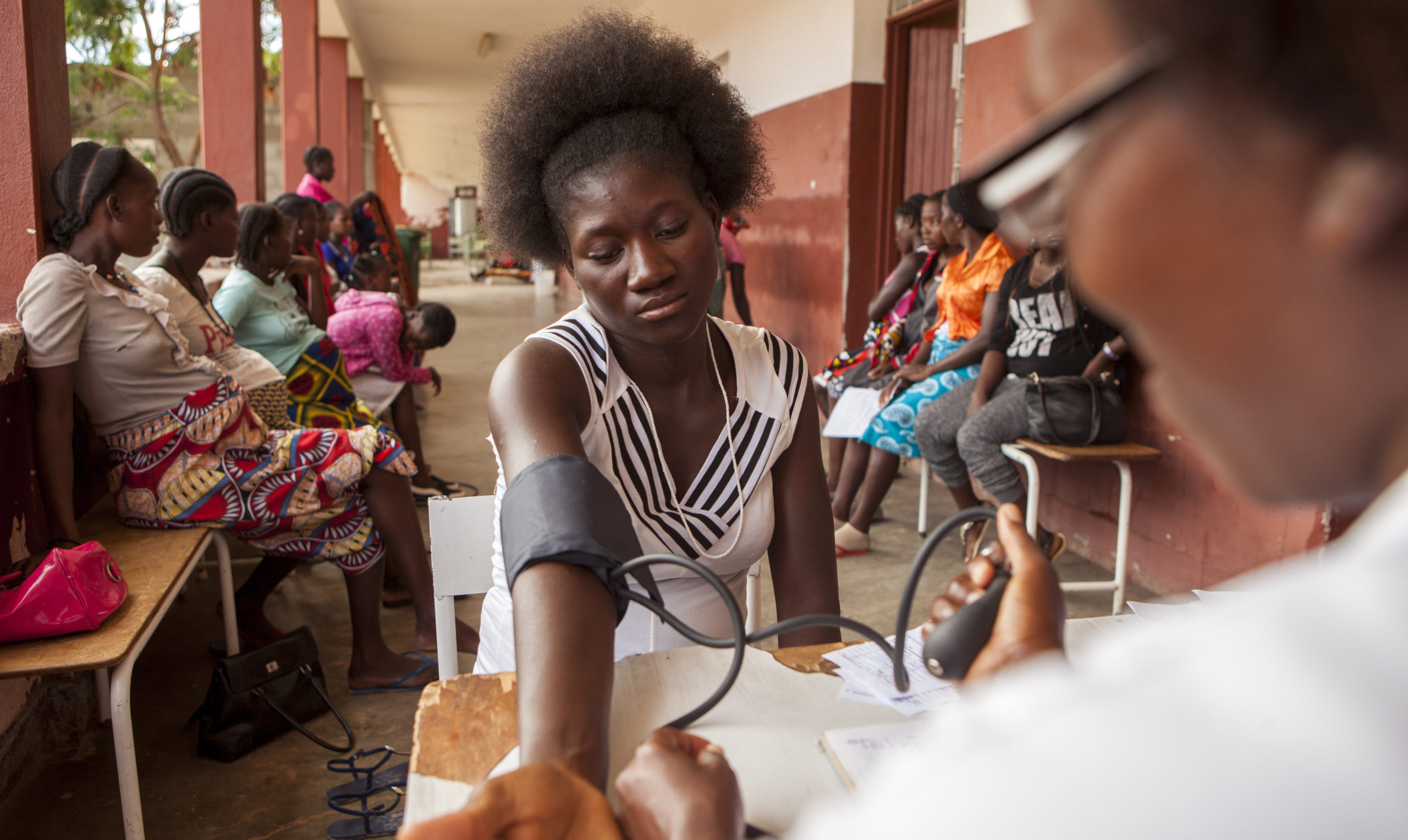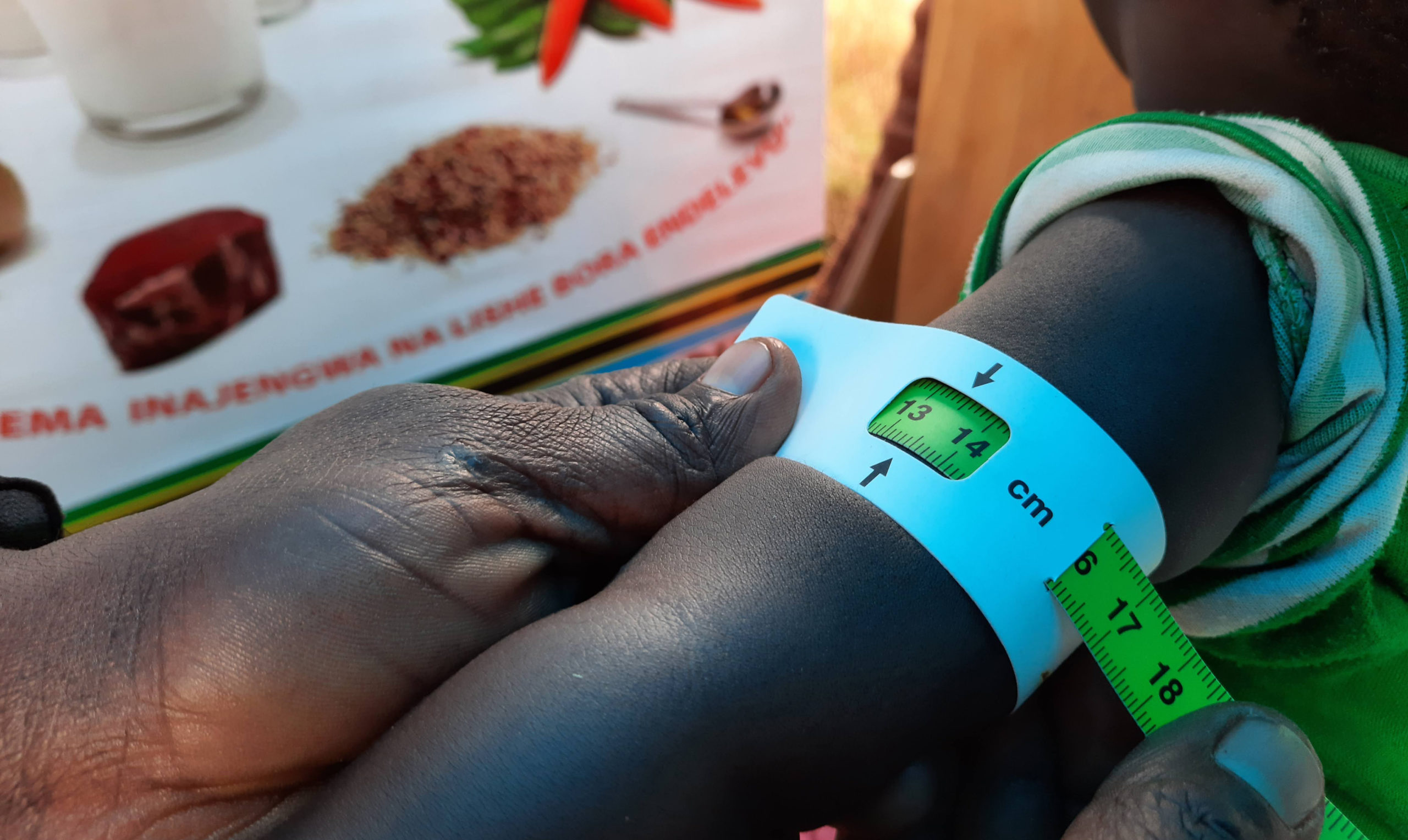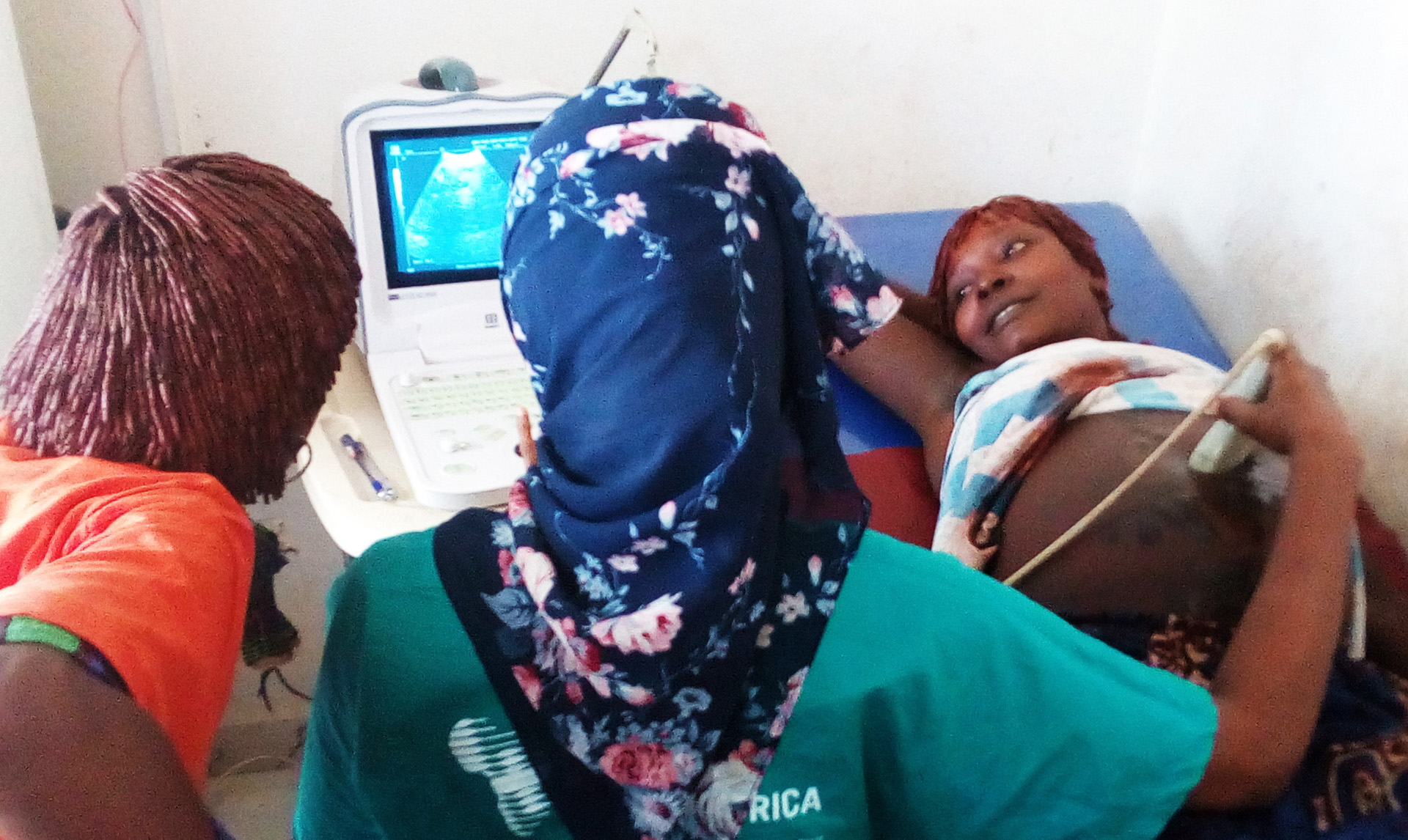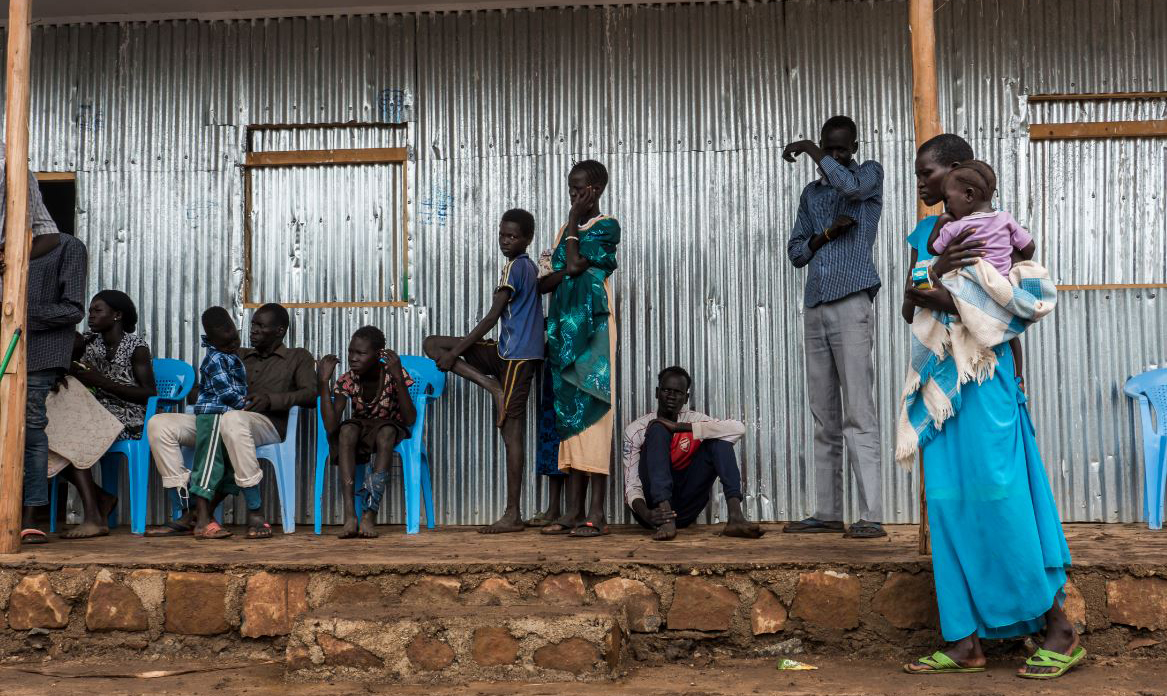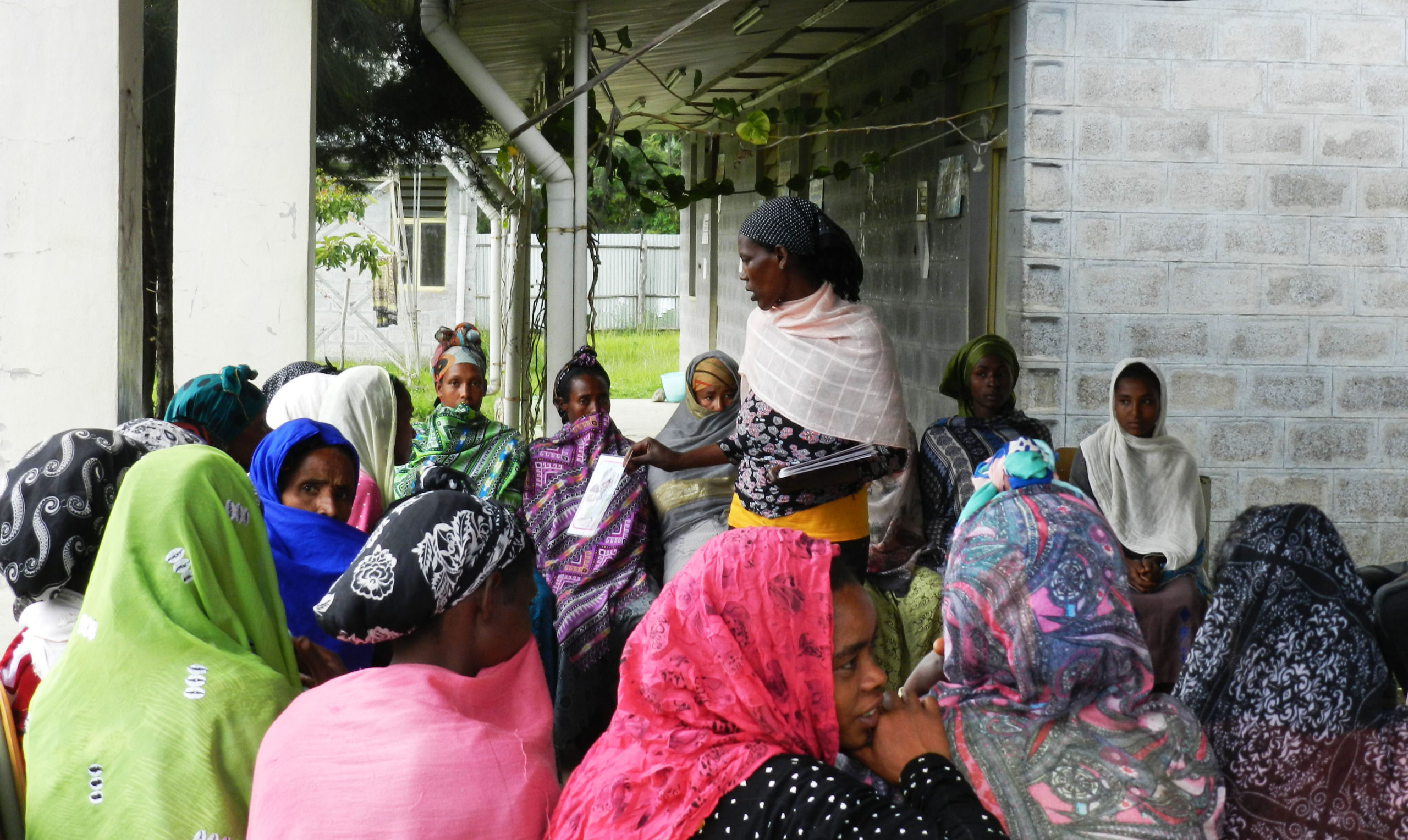The burden of non-communicable diseases (NCDs) in Sub-Saharan African countries is rapidly rising, specifically diabetes has a more increasing prevalence. In particular, the World Health Organization (WHO) estimates a diabetes prevalence of 5.6% in Angola which is experiencing a double burden of communicable and non-communicable diseases due to changes in lifestyle and diet. NCDs, in fact, are challenging the already overwhelmed Angolan health system which needs to improve the availability and accessibility to NCDs related services.
In order to achieve this purpose, Doctors with Africa CUAMM and the World Diabetes Foundation (WDF) are strongly committed together to fighting against NCDs in Angola as well as in Ethiopia, Mozambique and Sierra Leone. In Angola, CUAMM and the World Diabetes Foundation (WDF) have implemented the project “Improving Diabetes Mellitus Diagnosis and Management in Luanda Province” since 2018, in continuity with a previous joint intervention. The project aims to strengthen diabetes control through the improvement of prevention, early diagnosis and management of the disease. The intervention adopted a participative approach aiming at involving all the stakeholders and particularly the community in order to ensure a greater ownership and sustainability of the project’s outputs as well as a better impact in the fight against NCDs.
A final event of the project took place yesterday in Luanda; both political authorities and health workers showed their satisfaction for the intervention:
«I really appreciated the technical support given to national and local health institutions, in particular for the development of the national plan for diabetes management and the guidelines on the diagnosis and management of type 2 diabetes – claimed Helga Freitas, the Director of the National Directorate of Public Health -. Moreover, the awareness-raising activities with local communities have been fundamental to promote the importance of diabetes prevention and early diagnosis».
Therefore, a gradual change of approach by policy makers to non-communicable diseases is evident. NCDs are increasingly recognized as a public health issue that requires an effective answer at primary healthcare level, with family doctors having a key role in the fight against NCDs.
Key achievements
13,000 people tested for diabetes
3,100 people sensitized through awareness-rasing activities
93 health care workers trained
282 supervisions in the health facilities
Leaflet “Improving diabetes mellitus diagnosis and management in Luanda province, Angola”

